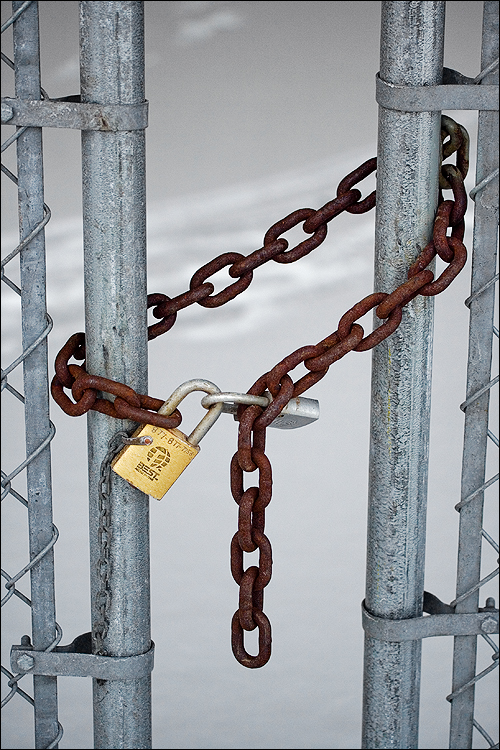If you’re currently branding yourself as a “social media expert,” this post is mandatory reading for you. I, for one, am branded as a “social media expert” at EMC corporation, but that’s not exactly how I want the world to see me.  Whenever someone has a question about social media or requests some strategic guidance, my name comes into their minds first because it’s my job title, but not my personal brand. We’re living in a world where everyone is starting to learn best practices in social media, whether you’re in school or you’re in the workforce. In the US, social networking is up 83% from a year ago.
Whenever someone has a question about social media or requests some strategic guidance, my name comes into their minds first because it’s my job title, but not my personal brand. We’re living in a world where everyone is starting to learn best practices in social media, whether you’re in school or you’re in the workforce. In the US, social networking is up 83% from a year ago.
You’re probably one of 230 million people on Facebook, 40 million people on LinkedIn or approximately 17 million people on Twitter. If you aren’t, then you will be sometime soon because you won’t have a choice. You’re friends, family, and co-workers will be using these tools to communicate and do business, which will force you to create an account to send and receive messages. Face it, there’s no going back.
Here are 5 reasons you shouldn’t brand yourself as a social media expert:
1. You can’t stand out
Five years ago, you could have stood out as a social media expert because the pool was shallow and dipping your toe into it was easy. As long as you had a blog, you were an early adopter and could offer your services to end users or companies. There certainly weren’t 300 million plus blogs and no one was talking about social networks, other than MySpace and Facebook. Saying you were an expert on social media was like saying that you were a web developer when websites first came out and an email expert way back in the dark ages. In each example, there were few competitors back then and now the market is so flooded that you can’t stand out.
The pioneers of new media are still successful today, but they don’t even brand themselves as “social media experts.” Think about experts such as David Meerman Scott, Paul Gillan, Chris Brogan, Charlene Li, Steve Rubel, and Robert Scoble. David is an author who has successfully blended social media with PR and marketing before everyone else. Chris Brogan focuses more on social media’s impact on community building and he’s been blogging religiously before the medium became mainstream. Don’t try and brand yourself as one of them because you’ll fail trying.
2. What is a social media expert anyways?
If you’re a social media expert, try and define your own role. I think most people can’t even do that because they got their current positions because of their activity using these tools to gain attention.
Social media expert defined: One who specializes in the use of social media…….????
Do you do social media for a company or are you a consultant? Some of you just brand yourself as “social media expert” because no one can say you aren’t. This title is very ubiquitous and since social media is a large umbrella that shelters the thousands of social networks out there, blogging, wiki’s and more, it’s hard to truly pinpoint where your expertise actually lies. Are you a LinkedIn expert? Are you a Twitter expert?
What makes you an expert? This question comes up again and again. An expert is someone who has proven results. What results have you had with social media? How did that benefit your client? These are all questions you have to ask yourself before you brand yourself as a social media expert.
3. There are no barriers to entry
Think about large companies such as P&G, GE and Coca Cola. They have created massive barriers to entry, which means it’s harder to join the market because the costs are higher. For example, Coca Cola has a lot of leverage with their distribution system, which extends to supermarkets, fast food chains and corporate cafeteria’s. If you start a beverage company, it’s going to be hard to build it without relationships with vendors and to get to Coca Cola’s size is nearly impossible.
Now think about yourself as a company in the same fashion. As a “social media expert,” all someone has to know is how to use one or more tools to help a business, themself or someone else. It’s not very hard to do this because the tools, if used even half-correctly, can benefit anyone. Thus, there are no barriers to entry and there are no costs associated with someone starting a blog or a Facebook page. In this way, you become expendable.
4. You can’t command a premium salary
Since social media experts are expendable, people won’t have to pay you a lot of money to get a blog going or their Facebook page up. Unless you’re famous or have a very lucrative track record of providing enormous value to companies, you won’t get paid much to do this type of work. There are also no advancement opportunities for you, so your career will be in a stranglehold and it will break you down at some point in the future. Since the dollar is declining due to inflation, you can’t afford to stay at the same salary your entire less, so being a social media expert can’t be your “finish line” or long-term aspiration.
5. It’s impossible to measure your role
No one has figured out social media ROI yet. A lot of so-called experts say “I got 300 retweets, 100 new Twitter followers, 60 fans on Facebook, 36 blog comments,” but what does that really mean? It means nothing actually, unless you can convert that into sales or stockholder value. If you can’t measure, you can’t improve and you can’t deliver on your promise of value. How would you ever be able to measure the impact of a tweet from an influencer on your marketing program?
6. When everyone in the world is a social media expert it loses meaning
I really sincerely feel that everyone in the world will be forced to learn about social media and use it every day to help build their platform or help market on their companies behalf. I don’t even understand how some of my friends avoid purchasing their domain name. It’s really at their own peril and I can predict their career will be impacted as a result. The term social media expert is already losing meaning because everyone is using it on all of their profiles and blogs and we are so used to seeing it, that we dismiss it.






